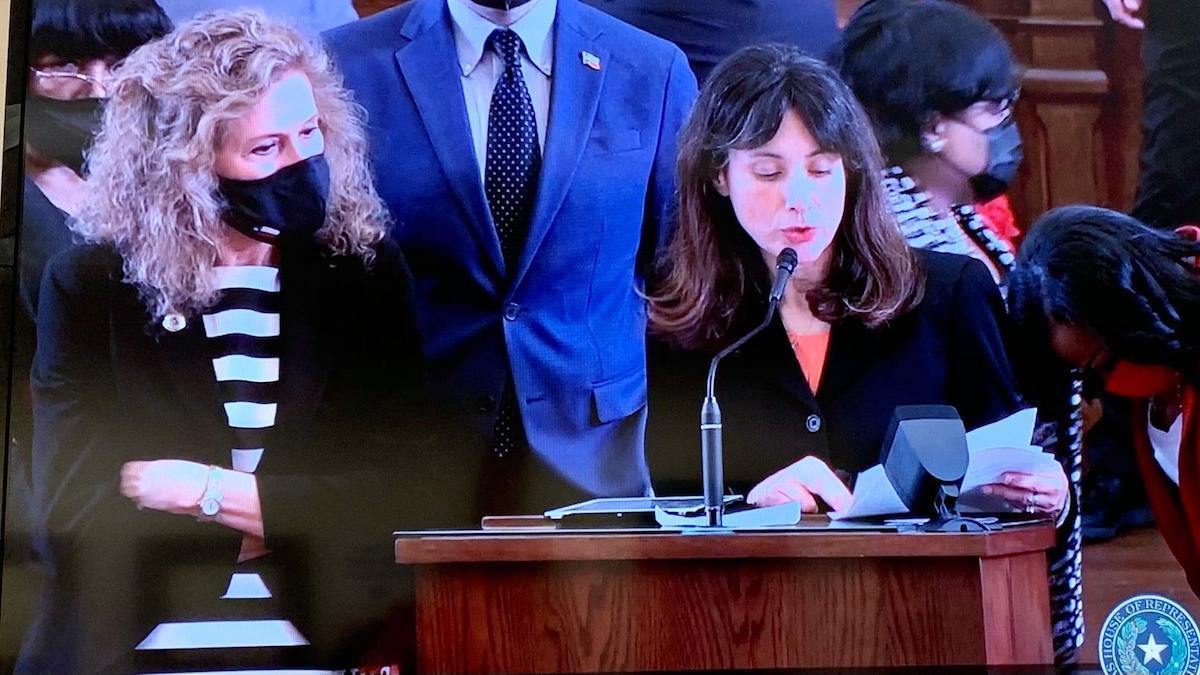The Biden-Harris administration is working to address the shortage of affordable housing by increasing the availability of starter homes through both legislative and non-legislative measures.
Starter homes are becoming harder to find, according to the Wall Street Journal. For a home to be considered a "starter home," it must be less than 1,400 square feet, according to Freddie Mac. The mortgage giant's data shows that the supply of starter homes is the lowest it has been in four decades. The number of starter homes built annually in the United States has decreased from 418,000 in the 1970s to 55,000 today.
“What was really striking to me was the consistency in the decline in the share of entry-level homes, irrespective of geography," said the head of Freddie Mac's Economic and Housing Research division, Sam Khater. "The thing that struck me the most was that really, it’s all endemic. It’s all over the U.S. It doesn’t matter where.”
The Biden administration addressed the short supply of starter homes in a press release from the White House, noting that home prices across the U.S. increased between 7 and 19% from September 2020 to June 2021. The administration plans to create or flip over 2 million housing units, at least 1 million of which will be rental units. The recently revealed infrastructure plan includes an affordable housing initiative which will address zoning restrictions that the Biden administration claims exclude minority groups from living in higher-opportunity areas.
This initiative could affect local zoning restrictions, such as minimum lot sizes for multi-family housing. Additionally, it will lengthen the amount of time in which individuals and nonprofits are allowed to bid on housing without competition from investors, which will enable Fannie Mae and Freddie Mac to allocate more investments into rental housing. The Biden administration will also expand an existing grant program to motivate the production of affordable housing.
Texas, Arizona and Tennessee are the only states that prohibit the requirement of inclusionary zoning. State Rep. Gina Hinojosa (D-Austin) has attempted to have the law changed, so far unsuccessfully. She believes that if cities could require inclusionary zoning, it would alleviate the high cost of housing in places such as Austin and Dallas. The Biden administration's plan could help Hinojosa's vision become reality.

